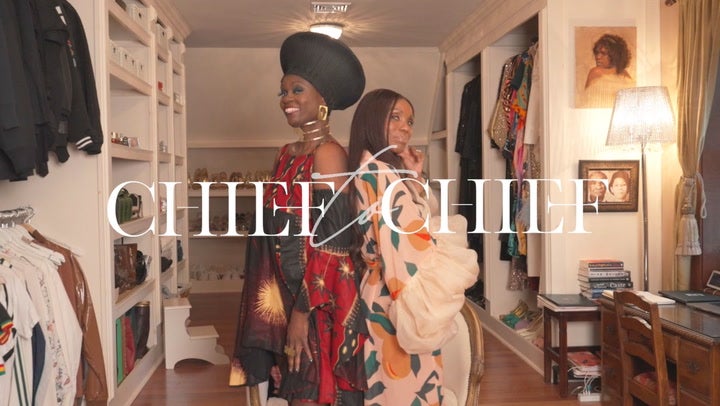
Since they were invented, video games have received constant upgrades, be it in graphics, new worlds, or expanded options for play. But one thing has been largely missing: “[o]ptions are still pretty limited for creating characters of color, particularly for creating Black characters. And a huge component is a lack of Black hairstyles and textures,” gaming news site Polygon observes.
Unfortunately, this is largely “a result of prejudice inherited by modern computer graphics technologies,” Yale notes. But, the Bungie Foundation, the nonprofit arm of video game publisher and developer, Bungie, is aiming to change that.
The Bungie Foundation has donated $1 million to Yale‘s School of Engineering and Applied Science in “support of anti-racist graphics research,” so that new tools and algorithms can be developed to make the digital world more inclusive and diverse.
Presently, there are no models that have “been developed for naturally kinky hair – also known as Type 4 hair – a characteristic that most commonly occurs in Black communities.”
As Theodore Kim, co-lead of the Yale Computer Graphics Group and associate professor of computer science told ESSENCE, “This work has been gestating for a long time…My attempts to bring attention to the problem of racial bias in the algorithms for depicting computer-generated humans goes back to 2020, immediately after the murder of George Floyd. I wrote a Scientific American article exposing these algorithms’ racist histories, but it did not get the attention it needed among the scientists in our research community.”
Never one to give up, Kim teamed up with Professor A.M. Darke, Assistant Professor, UC Santa Cruz, creator of the Open Source Afro Hair Library (OSAHL), which has been under development since pre-2020, to collaborate on these efforts.
“Prof. Darke and I tried again to bring attention to this problem in 2021 by submitting a short paper to the main technical conference on computer graphics, SIGGRAPH,” Kim said.
But they faced another setback, when their paper was rejected and they received feedback in the form of “disturbing, racially charged, anonymous comments.”
Nevertheless, Kim and Darke persevered, and were still able to speak at the conference. In a fortuitous turn of events, “Kareem Shuman, the then-head of Black@Bungie saw the talk, and was inspired to introduce us to the Bungie Foundation,” Kim continued.
“Over the last two years, with a grant from the Bungie Foundation, as well as the [National Science Foundation] (NSF), we were able to design the first algorithm custom-designed for animating the motion of kinky, Type 4 hair. In doing so, we showed that previous, supposedly ‘universal’ algorithms for animating human hair were intrinsically designed for straight hair. When the hair is instead curled, we showed that the math becomes simpler, faster, and more robust. That became the basis for our new algorithm,” said Kim.
Kim added, “There has been over 30 years of research on animating computer-generated straight hair. With this support from the Bungie Foundation, we hope that our work marks the beginning of equivalent research into Type 4 hair, because Black hair is equally worthy of in-depth scientific investigation.”
Co-Lead of the employee resource group Black at Bungie and Technical Dialogue Designer Kareem Shuman said, “By supporting this research, we get the opportunity to affect change on a much bigger scale…The tools as they exist today do not work in favor of creating characters that look like us, but Prof. Kim’s team is working to fix that. And we’re so excited to see them succeed!”







